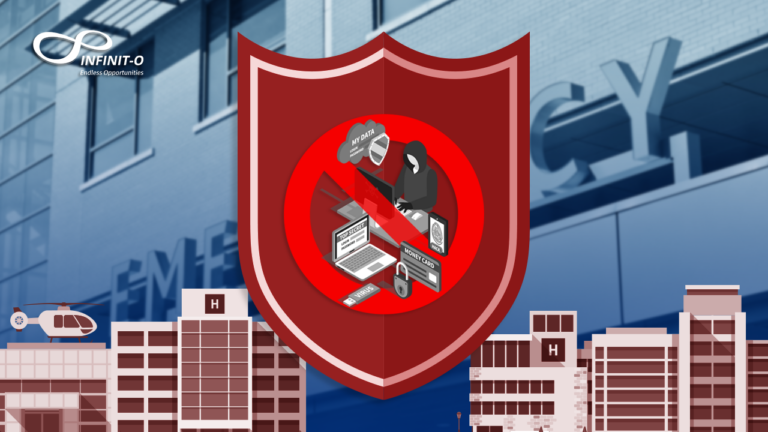5 Habits of Highly Effective Medical Coders
The shortage of qualified medical coders is no secret. With factors such as rapid advancements in medical technology, increased difficulty of the medical repayment process, and an aging population in many places, the need for more qualified medical coders is on the rise.
Healthcare providers are always looking to hire medical coders, whether in-house or outsourced. Regardless of their situation, it’s a good idea to learn the habits of effective medical coders to help inform your decision.
Download Our E-Book: The Pains and Gains In Your Healthcare Business Journey
Here are 5 important habits of effective medical coders:
1. Able to Read Difficult Handwriting
This might not seem like a big deal at first, but it really is. Here’s why:
Doctors are well known for their incredibly poor handwriting. As a medical coder, the ability to read such writing is essential. Coders need to be able to read and understand important medical prose used by doctors in order to assign proper codes.
2. Knowledge in ICD-10
Medical coders need to have knowledge of the various codes for diseases and other medical ailments. Each disease has its own unique ICD-10 code, and the codes are updated from time to time. As a result, medical coders need to keep abreast of the large number of current codes, and they need to be aware of any changes made.
In other words, medical coders need to be learning constantly. They are committed, lifelong learners.
Read More: 3 Reasons Why You Should Outsource Your Medical Transcription Processes
3. Must Have Strong Organizational Skills
Medical coding is becoming increasingly challenging. Technology is changing, and coders are expected to stay on top of new coding standards as they are released.
This coupled with the fact that, depending on the size of your healthcare facility, you may be coding for thousands of patients at a time. It is essential that you keep track of all patients’ records.
This is also the case with medical billing. Staying organized could mean the difference between getting paid on time or not getting paid at all.
4. Pay Keen Attention to Detail
This is possibly among the most important practices of medical coders. The often sensitive responsibilities of medical coders rely heavily on their ability to pick up on the smallest little details. This is especially the case with procedural coding.
In procedural coding, different codes are assigned to various medical procedures. Many of these processes have very similar names.
For example, otomies and ostomies are very different medical procedures. If a medical coder doesn’t pay attention to the extra ‘s’, then the wrong procedural code will be assigned! And this would likely be very harmful to the patient.
5. Effective Medical Coders Practice Good Communication
Medical coders don’t often interact with patients. But that doesn’t let them off the hook for effective communication. Coders still need to be able to talk to doctors, nurses, surgeons, and other staff members.
They need to be able to discuss patient records effectively. This is an important skill, as it ensures important information doesn’t get lost in translation, especially given doctors’ notoriously bad handwriting.
There are many traits expected in good medical coders. These habits allow them to perform as effectively as possible. Once you’ve found a trusted health solutions partner, outsourcing medical coders can be very beneficial to your medical practice. A trusted health solutions partner strives to exceed client’s expectations, delivering the best possible service consistently.
Infinit-O is the trusted customer-centric and sustainable leader in Business Process Optimization to Small and Medium businesses in the Financial Services, Healthcare and Technology sectors by delivering continuous improvement through technology, data and people.
When you’re ready to grow, think Infinit-O!
Healthcare
Finance and Accounting
Data and Research
Information Technology Outsourcing
Customer Care







Very good information regarding on medical coding.